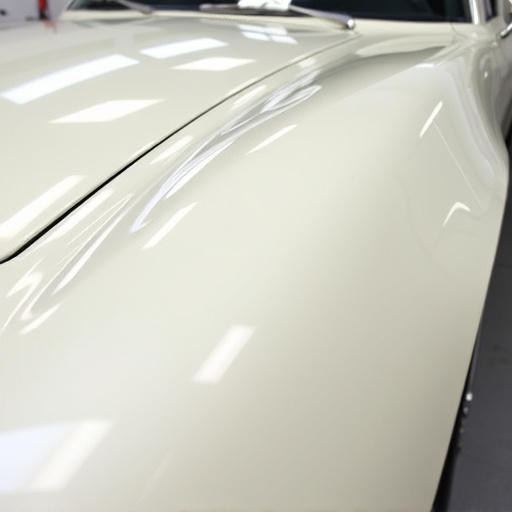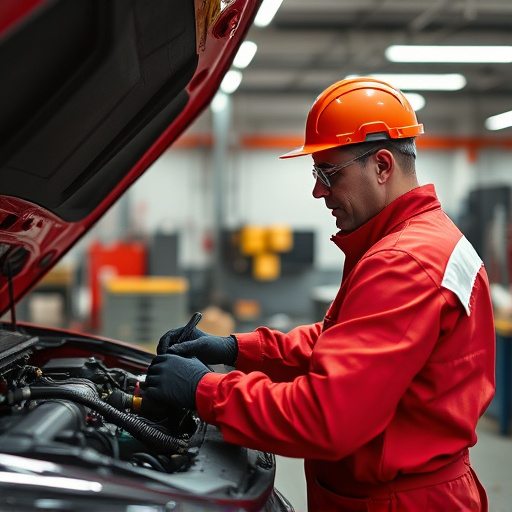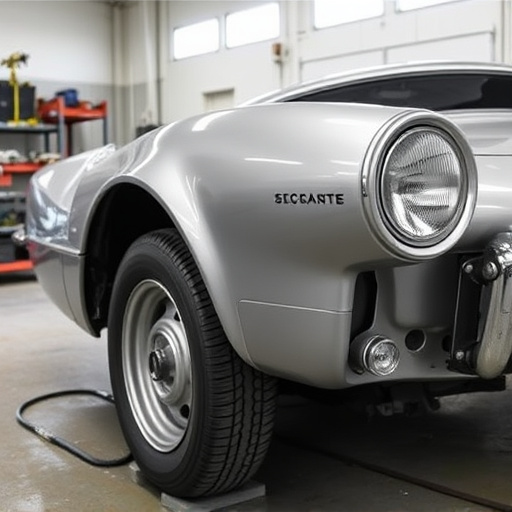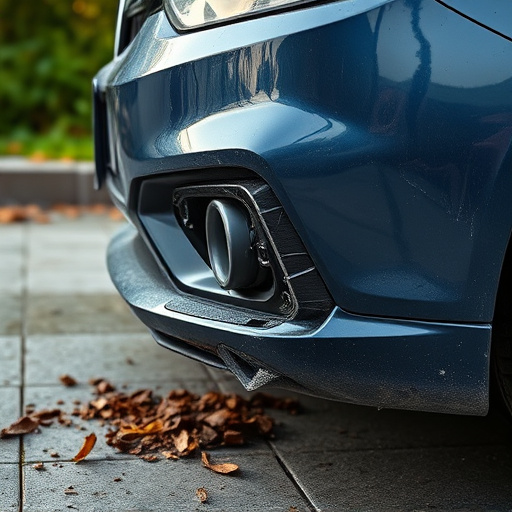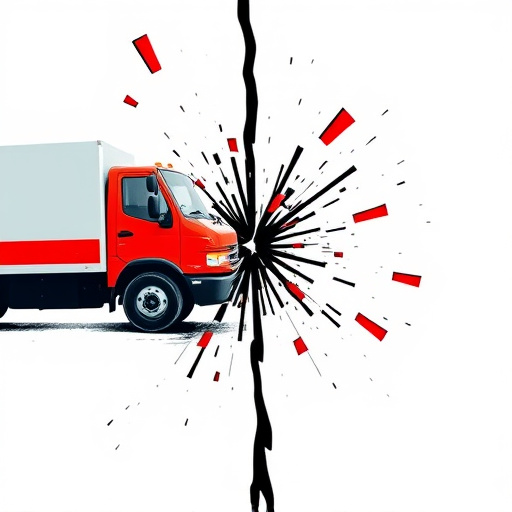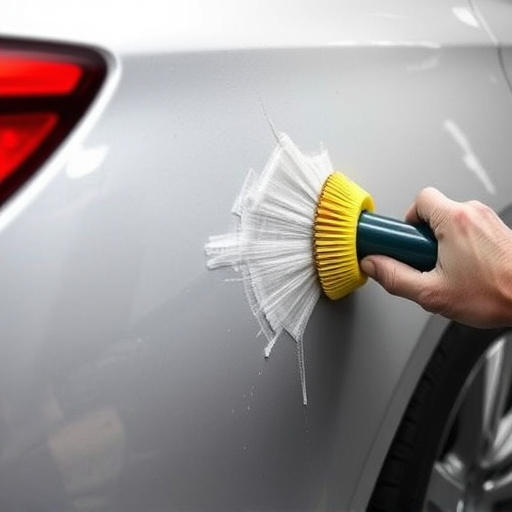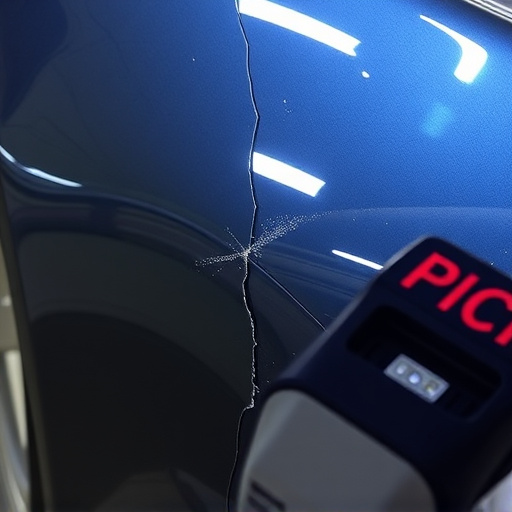Post-repair road testing is a crucial process ensuring vehicle safety and reliability after repairs. By simulating real-world driving conditions, it identifies overlooked issues, predicts future breakdowns, and enables proactive maintenance, guaranteeing vehicles meet safety standards and perform optimally.
Post-repair road testing is a crucial step in ensuring vehicle reliability. By subjecting vehicles to real-world conditions after repairs, mechanics can identify potential weaknesses before they cause breakdowns. This proactive approach, also known as post-repair road testing, plays a vital role in preventing future issues, saving time and money for both owners and repair shops. In this article, we’ll explore the importance of this process, its benefits, and how simulated real-world conditions contribute to long-lasting vehicle performance.
- Understanding Post-Repair Road Testing Importance
- The Role of Simulated Real-World Conditions
- Ensuring Future Reliability through Comprehensive Testing
Understanding Post-Repair Road Testing Importance

Post-repair road testing plays a pivotal role in ensuring the reliability and safety of vehicles after they’ve undergone repairs or restoration, be it for minor fixes like car scratch repair or more extensive vehicle body repair. This crucial step goes beyond mere inspection as it simulates real-world driving conditions to uncover any potential issues that might have been overlooked during the repair process.
By taking a test drive post-restoration, mechanics and owners alike can assess how the vehicle performs under different driving scenarios—from abrupt starts and stops to navigating winding roads. This proactive approach not only identifies immediate problems but also predicts future breakdowns by exposing weak points in the repair work or components that may require further attention. It’s an invaluable practice for maintaining optimal vehicle health and preventing costly, unexpected malfunctions down the line.
The Role of Simulated Real-World Conditions

Post-repair road testing is an essential step in ensuring that vehicles, after undergoing automotive repair or automotive body work at an auto body shop, are safe and reliable on the road. This process involves subjecting the vehicle to simulated real-world conditions, replicating various driving scenarios and environmental factors. By doing so, potential issues that might arise under normal operating conditions can be identified and addressed before the vehicle is returned to its owner.
Simulated real-world conditions allow for a thorough evaluation of the vehicle’s performance, handling, and safety features. This includes testing brakes, steering systems, lights, and other critical components in different weather conditions, speeds, and traffic situations. Such simulations help uncover subtle issues that might have been missed during initial inspections, ensuring that the vehicle is not only fixed but also optimized for future performance and safety.
Ensuring Future Reliability through Comprehensive Testing

After a car undergoes repairs, especially following a collision or significant damage, post-repair road testing is a crucial step to ensure future reliability and safety. This process involves subjecting the vehicle to real-world driving conditions, simulating various scenarios that could impact its performance and structural integrity. By doing so, car body shops can identify any lingering issues or potential points of failure that might have been missed during initial assessments or repairs.
Comprehensive post-repair road testing goes beyond a simple test drive. It includes evaluating key systems such as brakes, steering, suspension, and the overall condition of the car body shop repairs. This meticulous approach allows for the detection of subtle issues like misalignments, fluid leaks, or subpar workmanship, which could lead to breakdowns if left unaddressed. Through this testing, car collision repair services can ensure that the vehicle is not only restored to its pre-accident condition but also meets the highest safety standards, providing peace of mind for drivers on the road.
Post-repair road testing is a vital step in ensuring vehicle reliability and safety. By subjecting vehicles to simulated real-world conditions, mechanics can uncover potential issues that may lead to future breakdowns. This comprehensive testing process plays a crucial role in maintaining the long-term performance and efficiency of vehicles, ultimately saving time and money for both owners and repair shops. Implement post-repair road testing as a standard procedure to guarantee optimal vehicle condition and drive confidently into the future.
